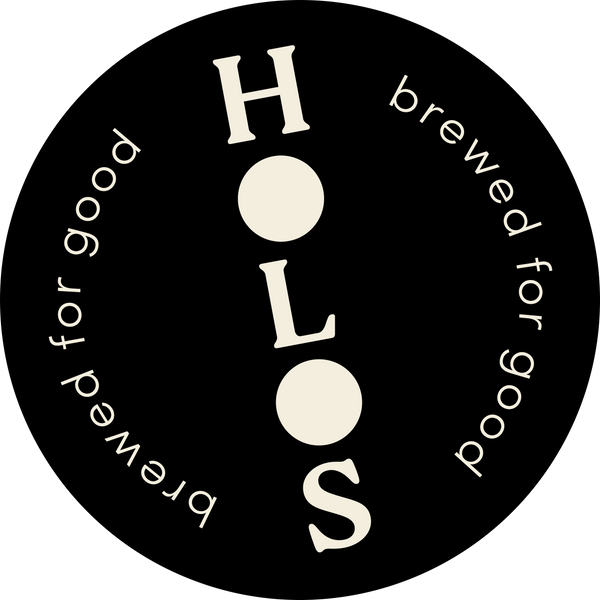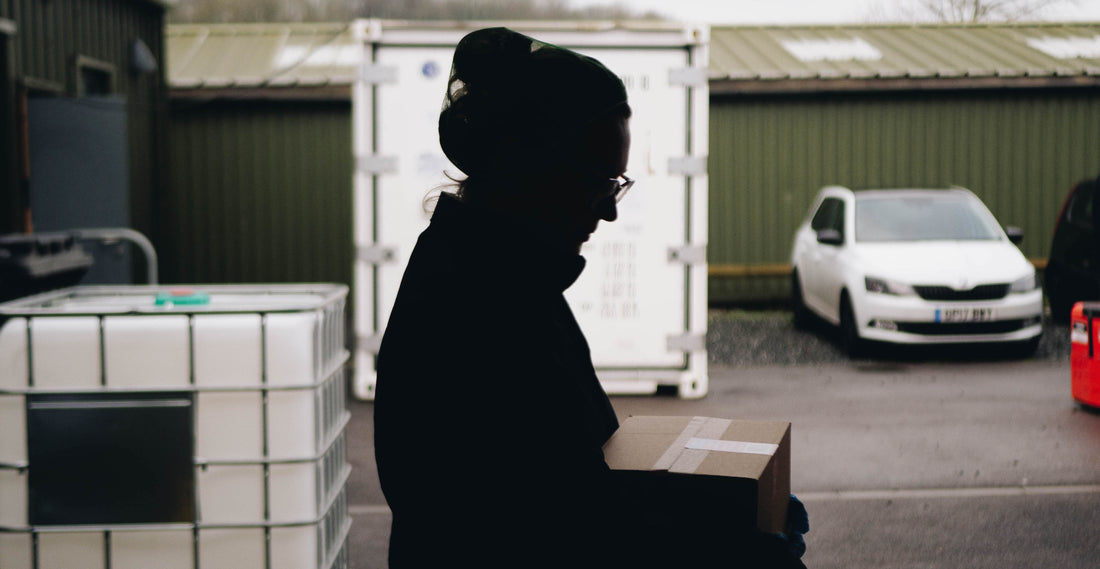Human trafficking and modern-day slavery are grave violations of human rights that continue to plague societies worldwide, even in seemingly developed nations like the United Kingdom. Despite efforts to combat these heinous crimes, they persist in various forms, affecting the most vulnerable populations. In this blog post, we shed light on the current state of human trafficking and modern-day slavery in the UK, focusing on primary jobs and industries that have gained notoriety for their association with these issues.
-
Agriculture and Farming: The agricultural and farming sector in the UK has been identified as a significant industry where human trafficking and modern-day slavery thrive. Vulnerable individuals, including migrant workers, are often subjected to exploitative conditions, forced labor, and debt bondage. From fruit and vegetable picking to poultry and meat processing, some unscrupulous employers take advantage of these workers' desperation and lack of legal protection.
-
Construction and Manual Labor: The construction industry has also been identified as an area where human trafficking and modern-day slavery persist. With a constant demand for cheap labor, traffickers exploit vulnerable individuals by forcing them to work long hours under hazardous conditions for little to no pay. This includes activities such as bricklaying, carpentry, and general manual labor. Workers in this sector often face threats, coercion, and extreme living conditions, trapped in a cycle of exploitation.
-
Hospitality and Service Industries: The hospitality and service industries, including hotels, restaurants, and nail salons, have also been implicated in instances of human trafficking and modern-day slavery. Victims are often forced into labor, enduring grueling work hours, physical and emotional abuse, and minimal or no wages. These industries rely heavily on a transient workforce, making it easier for traffickers to exploit vulnerable individuals who may be isolated or fearful of seeking help.
-
Domestic Work: Domestic servitude is another area where human trafficking and modern-day slavery exist, although it often remains hidden behind closed doors. Victims, primarily women, are coerced into working as domestic workers, enduring physical, psychological, and sexual abuse. Isolation and restricted freedom make it challenging for them to escape their captors and seek assistance.
-
Nail Bars and Beauty Salons: The nail bar and beauty salon industry, known for providing manicures, pedicures, and beauty treatments, has also been associated with cases of human trafficking and modern-day slavery. Victims, predominantly women from vulnerable backgrounds, may be forced to work in these establishments for long hours, receive little to no pay, and face exploitative conditions. The transient nature of the workforce and language barriers often contribute to their exploitation.
Conclusion: While the United Kingdom has taken significant steps to combat human trafficking and modern-day slavery, these issues persist in various sectors. It is essential to raise awareness, increase vigilance, and strengthen law enforcement efforts to identify and assist victims. Through collaborative action, including stricter regulations, enhanced victim support services, and public awareness campaigns, we can strive to eradicate these crimes and ensure the protection and freedom of all individuals. Together, let us stand against human trafficking and modern-day slavery, working towards a society that upholds the dignity and rights of every human being.

